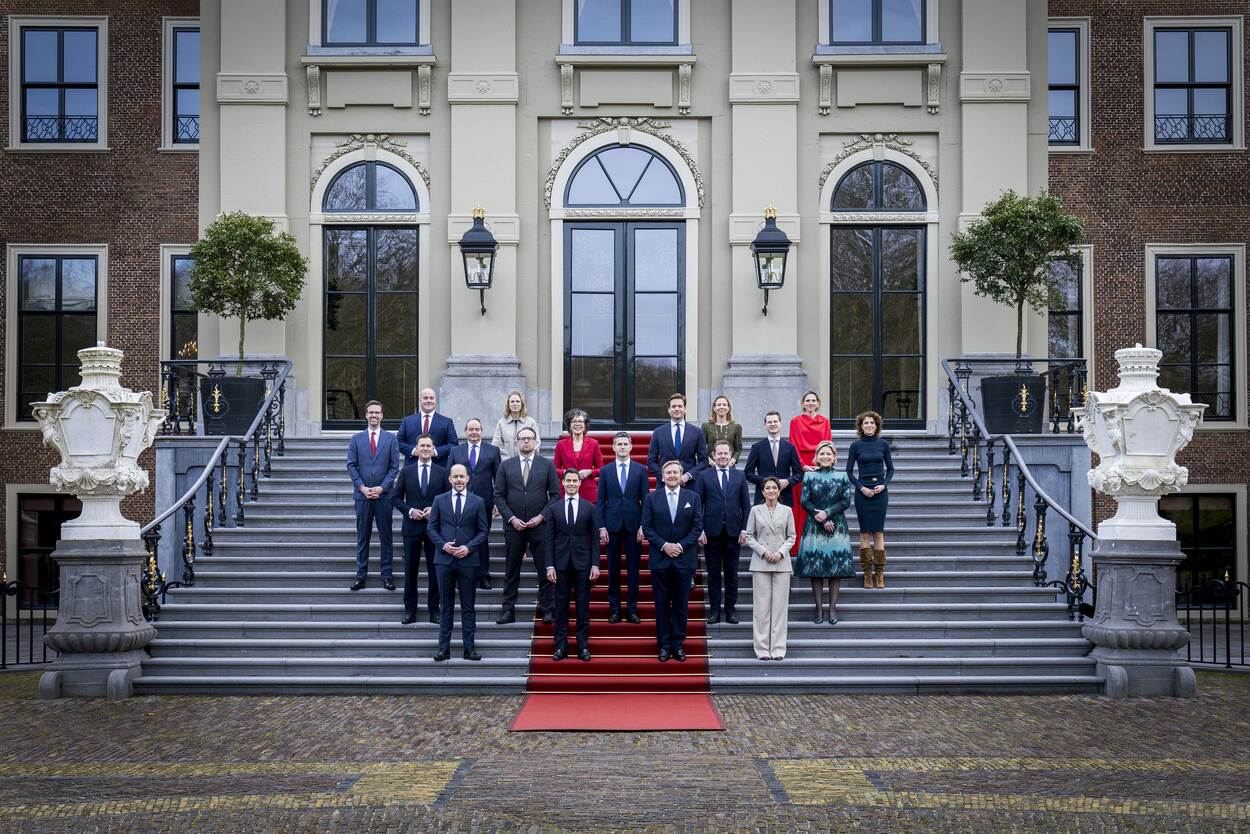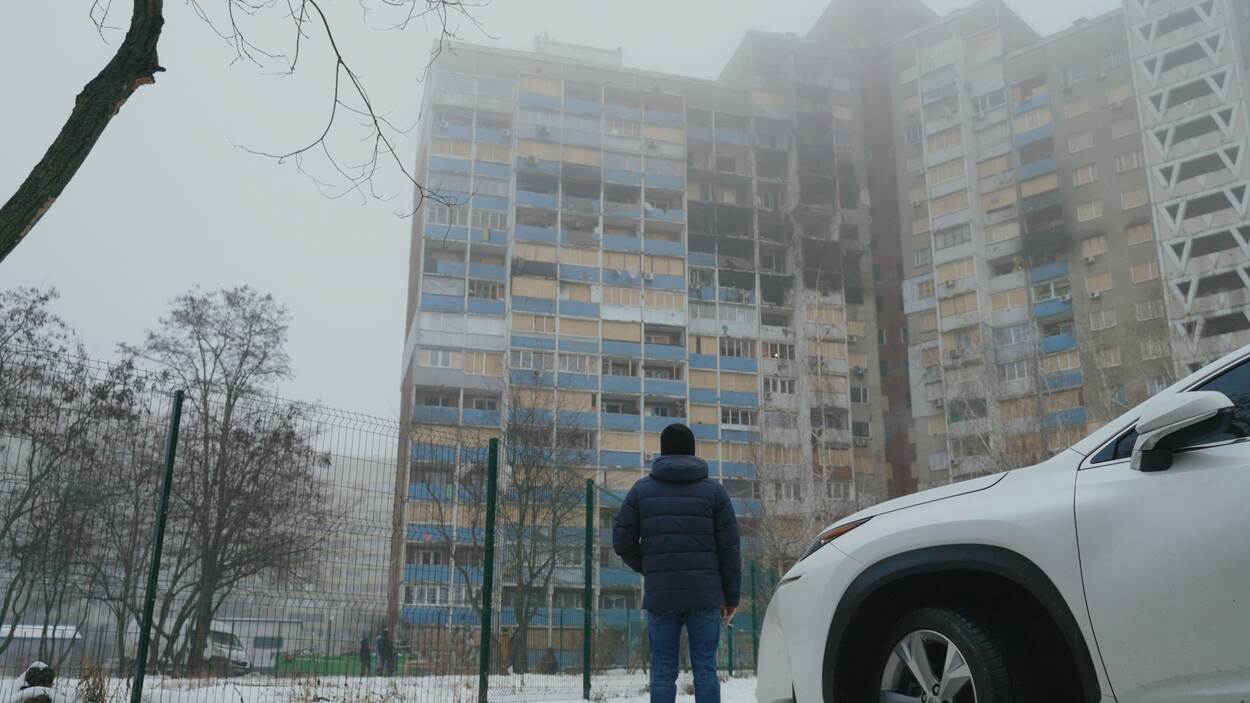New Justice and Security Acts as from 1 January 2025
Various Acts in the field of Justice and Security enter into force on 1 January 2025. An overview follows below.
Limited right for victims and surviving relatives to be heard in relation to hospital orders
As from 1 January 2025, victims and surviving relatives will have a limited right to be heard at extension hearings for hospital orders (TBS orders) and placements in institutions for young offenders (PIJ orders) at which conditions are discussed. A PIJ order is also known as a youth hospital order. The right to be heard applies only to hearings at which conditions are imposed on the offender or modified. The right to be heard means that victims and surviving relatives can now explain their need for protection at the hearing. For example, they may ask for an order prohibiting contact or an exclusion order. This marks an important step in strengthening the position of victims and surviving relatives during the enforcement of a sentence. The limited right to be heard is part of the Victims’ Rights Extension Act [Wet Uitbreiding Slachtofferrechten (WUS)]. The WUS includes several measures that improve the position of victims of criminal offences. With this, the government wants to help strengthen and consolidate the victim’s position in the criminal process. The various parts of the WUS came into force on different dates.
Certificate of good conduct with police data for employees of private youth prisons
Justis, the screening authority, started issuing the Certificate of Good Conduct with police data (VOG P) on 1 July 2022. As from 1 January 2025, the VOG P will become mandatory for several positions at the Lelystad and Teylingereind private youth prisons, also known as the private Young Offender Institutions (JJIs), as these positions require a high degree of integrity. This means that police data will always be requested when applying for a certificate of good conduct (VOG) for these positions. The VOG can also be denied based on relevant police data alone. The VOG P will be mandatory for both current and new employees. The VOG P already applied to certain positions in the state youth prisons. Positions for which a VOG P will be required include facility security guards, group leaders and teaching assistants.
Simplifying and modernising the law of evidence in civil proceedings
The Law of Evidence (Simplification and Modernisation) Act improves and simplifies the options for parties to obtain important information about a dispute before and during civil proceedings. The Dutch Code of Civil Procedure and several other laws are being amended for this purpose. The law of evidence governs when and how parties in civil proceedings may or must provide evidence of the facts they use to support their position in the proceedings. The legislative amendment allows various ways of obtaining evidence to be presented to the court in one application. For example, a witness examination can be requested together with a court-ordered expert examination or access to another party’s information. The rules for requesting information from another party are clarified and brought more into line with other methods of obtaining evidence. The possibility of having a bailiff seize evidence is now also laid down in the Act. And a bailiff can objectively describe a certain factual situation in an inspection report (also known as an official report of findings), which will now provide conclusive evidence in court. Additionally, the Act clarifies the judge’s role in fact-finding by stating that the judge has the latitude to actively engage with the parties about the facts they have presented.
Reform of dispute resolution and clarification of the admissibility requirements for shareholder inquiry proceedings
Shareholders sometimes become embroiled in disputes about the state of affairs in a company. The law must provide for quick and efficient dispute resolution in those cases. This is important for the continuity of the company and its employees. Two procedures exist to resolve these disputes: the dispute resolution procedure and the inquiry procedure. As from 1 January 2025, amendments introduced by the Reform of Dispute Resolution and Clarification of Admissibility Requirements for Inquiry Procedures Act will modernise these procedures. Under the dispute resolution procedures, shareholders who seriously harm the company can be compelled to sell their shares to their co-shareholders, while shareholders whose interests are seriously harmed have the right to be bought out. To increase the effectiveness of this arrangement, the new Act stipulates that the Netherlands Enterprise Court at the Amsterdam Court of Appeal will handle these procedures. This ensures a swift and simultaneously expert conclusion of the procedures as much as possible. The new Act also expands the grounds on which and to whom proceedings can be assigned, which makes the arrangement more accessible. The inquiry procedure allows the Netherlands Enterprise Court to implement measures at the request of interested parties, such as shareholders, if there is mismanagement. To clarify access to an inquiry procedure, a new access requirement is being introduced specifically for financiers of listed companies. This clarifies the current requirements.
Maintenance amounts to increase by 6.5 per cent
As from 1 January 2025, maintenance (alimony) amounts will increase by 6.5%. These amounts are indexed by a certain percentage each year. This way, people entitled to maintenance do not need to request an increase every year. Maintenance is the obligation that various individuals have to support each other such as current and former spouses, current and former registered partners, and parents who must support their children until the age of 21. The law stipulates that the increase in maintenance must equal the average wage increase in the Netherlands for that year. Statistics Netherlands calculates this average.
Statutory interest rate to be reduced to 6 per cent
As from 1 January, the statutory interest rate will be reduced from 7% to 6%. Statutory interest may be added to unpaid amounts. Individuals receive statutory interest as compensation for unpaid amounts due to them. Individuals pay statutory interest as compensation if they fail to pay their debts. The statutory interest rate is also part of the maximum cost of credit that can be charged for borrowing money, on overdrafts and instalment purchases. With the decrease in the statutory interest rate, this maximum cost of credit has fallen to 14%. Statutory interest is calculated every six months based on the ECB rate. The reduction in the ECB rate is why the statutory interest rate has also decreased by one percentage point.
Remuneration for curators, administrators and protectors increases by over 6%
As from 1 January 2025, the remuneration for curators, administrators and protectors will increase by 6.2583%. They receive remuneration for their work as legal representatives under the Curators, Administrators and Protectors (Remuneration) Regulations [Regeling beloning curatoren, bewindvoerders en mentoren]. The remuneration is indexed each year under these regulations.
Annual indexation of fees for interpreters and translators
To improve the general position of interpreters, the fixed hourly rates for interpreters in the Criminal Cases (Fees) Decree 2003 [Besluit tarieven in strafzaken 2003 (Btis)] were replaced by minimum hourly rates as from 1 July 2020. These rates have been indexed annually since 1 January 2024. This indexation rate is based on a figure from Statistics Netherlands, called collective labour agreement (CLA) wages, contractual wage costs and working hours including special remuneration. On 1 January 2025, the minimum hourly rate in the Btis for interpreters’ fees will increase from €59.53 to €62.66 per hour. This represents an increase of 5.263% compared to the rates for the 2024 calendar year.
Amendment to regulations for temporary leave from prison facilities and selection and placement of prisoners
As from 1 January 2025, the Temporary Leave from Prison Facilities Regulations (Rtvi) and the Selection, Placement and Transfer of Prisoners Regulations (Rspog) will be amended in connection with the outcomes of the implementation assessment of the Sanctions and Protection Act. This involves a restriction on long-term and short-term reintegration leave for the benefit of the social network. This is important to prevent improper use of leave opportunities and to reduce unnecessary administrative burdens.
Originally published at https://www.government.nl/latest/news/2024/12/23/new-justice-and-security-acts-as-from-1-january-2025




